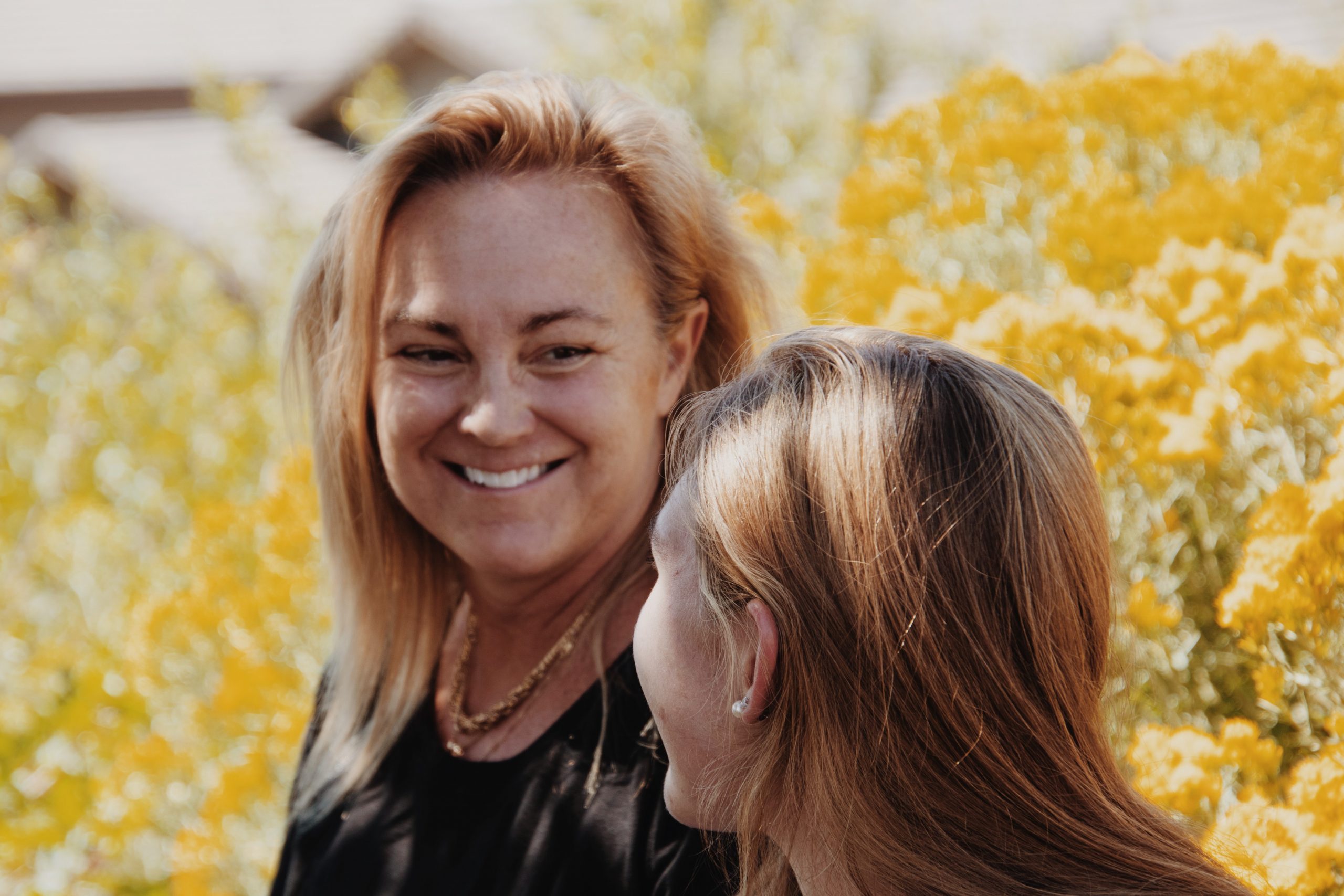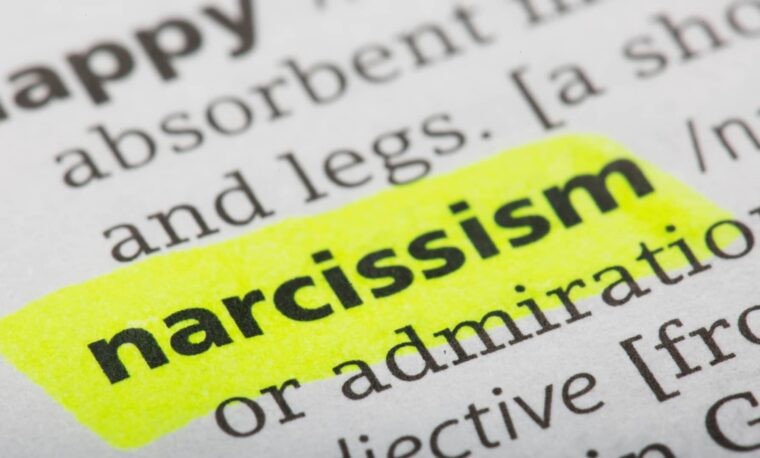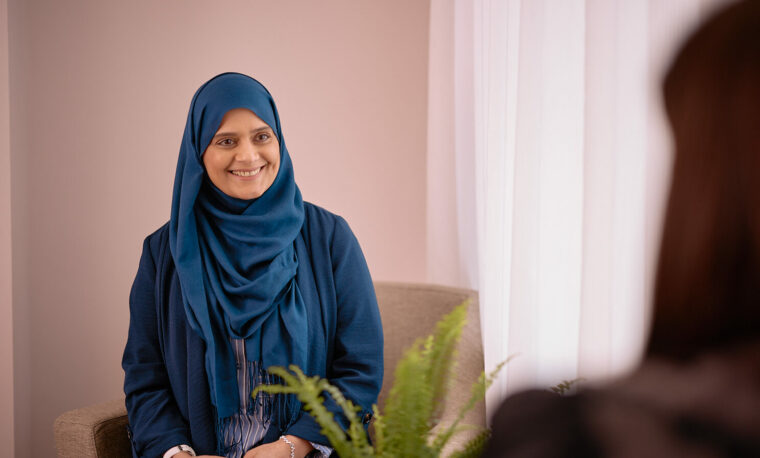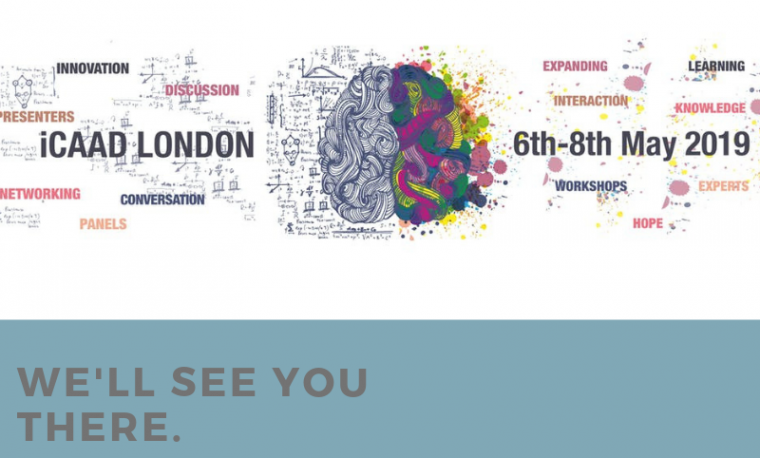Counselling
Counselling is a talking therapy that provides a safe, confidential and non-judgemental space for you to discuss issues you’re having in life with a trained professional. They may explore problems that are interfering with mental well-being, relationships, and overall functioning.
Talking therapies can be used on their own, or in conjunction with medication to treat a variety of mental health problems.
How does counselling work?
Over time, you will be encouraged to form an honest relationship with your therapist, so that you feel comfortable to disclose your private thoughts and feelings about a range of issues causing you distress. The therapist will listen to you without judgement or criticism, offering support.
The therapist will be able to help you gain a better understanding of your thoughts, feelings and actions, and help you identify ways in which you may be able to solve some problems. Counsellors will usually not tell you what to do or offer advice.
Usually, you’ll talk one-to-one with the therapist. However, sometimes counselling can take form in groups such as relationship or couples counselling.
Counselling at Nightingale Hospital
At Nightingale Hospital London counselling can be accessed as an individual or a couple and can be for a wide range of mental health issues. Counselling can be sought for conditions such as depression or anxiety, or for more specialist issues such as eating disorders and addictions.
Counselling usually takes place in an outpatient setting.
We have a number of counsellors and therapists at Nightingale Hospital with a breadth of experience to match your individual situation. We will take the time to understand your problem and individual needs. A number of our experts are able to consult in a variety of languages.
We are an accredited service by the British Association for Counselling and Psychotherapy (BACP).

Types of counselling at Nightingale Hospital
- Relationship or couples counselling
Relationship counselling, or couples counselling, is a form of talking therapy. Sessions usually exist as a safe space to improve communication skills and discuss problems within an intimate relationship. Trust gained with the counsellor enables a couple to explore challenges that are relevant to their relationship. With increased insight comes increased understanding, leading to positive changes in behaviour, thoughts, feelings and dealing with conflict.
- Specialist counselling
There are certain mental health difficulties that can be greatly helped by counselling developed specifically to heal a specific condition. Typically this is an area of counselling where expert knowledge of the symptoms, pathology and treatment of an illness is crucial to the outcome of the treatment.
Conditions such as eating disorders, addictions, post-traumatic stress disorders, and obsessive-compulsive disorders come under this category.
Sessions in specialist counselling are highly focused and give a patient the opportunity to address and process their problem with an expert in the specific illness they are seeking help for. The aim is to establish healthier ways of coping with the issues that arise and to facilitate positive change.
Useful resources
There are a number of UK charities that can provide free, confidential counselling.
Related conditions
- Anxiety
- Anorexia nervosa
- Anger problems
- Behavioural addictions
- Bereavement
- Binge eating disorder (BED)
- Bipolar disorder
- Bulimia nervosa
- Depression
- Dual diagnosis
- Drug addiction
- Other Specified Feeding or Eating Disorders (OSFED)
- Gambling addiction
- Memory problems
- Mood disorders
- Obsessive-compulsive disorder (OCD)
- Panic attacks
- Personality disorders
- Postnatal depression
- Phobias
- Post-traumatic stress disorder (PTSD)
- Psychosis
- Interpersonal difficulties
- Self-harm
- Schizophrenia
- Sleep disorders
- Stress
- Suicidal thoughts
- Technology addiction









